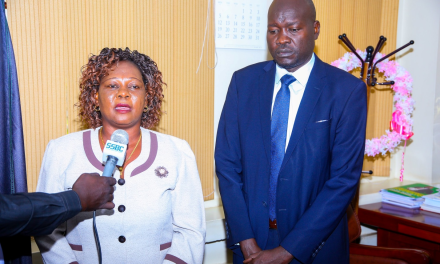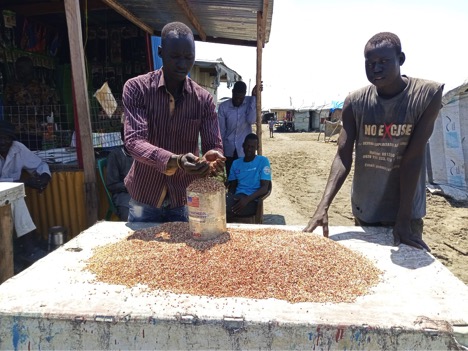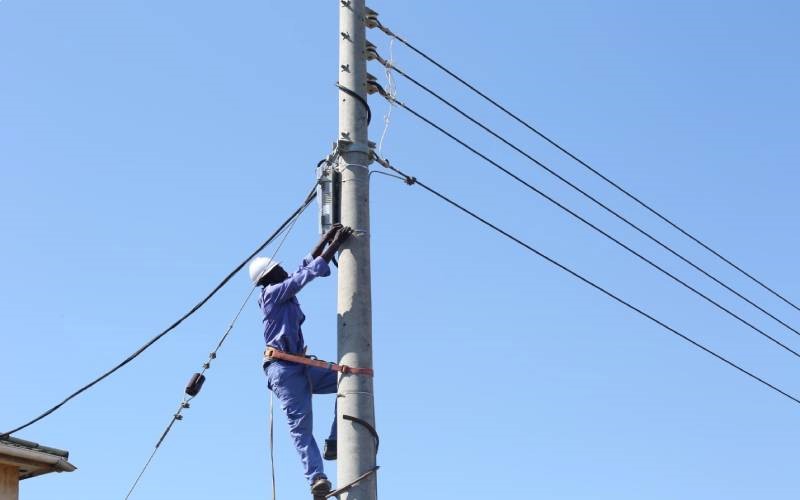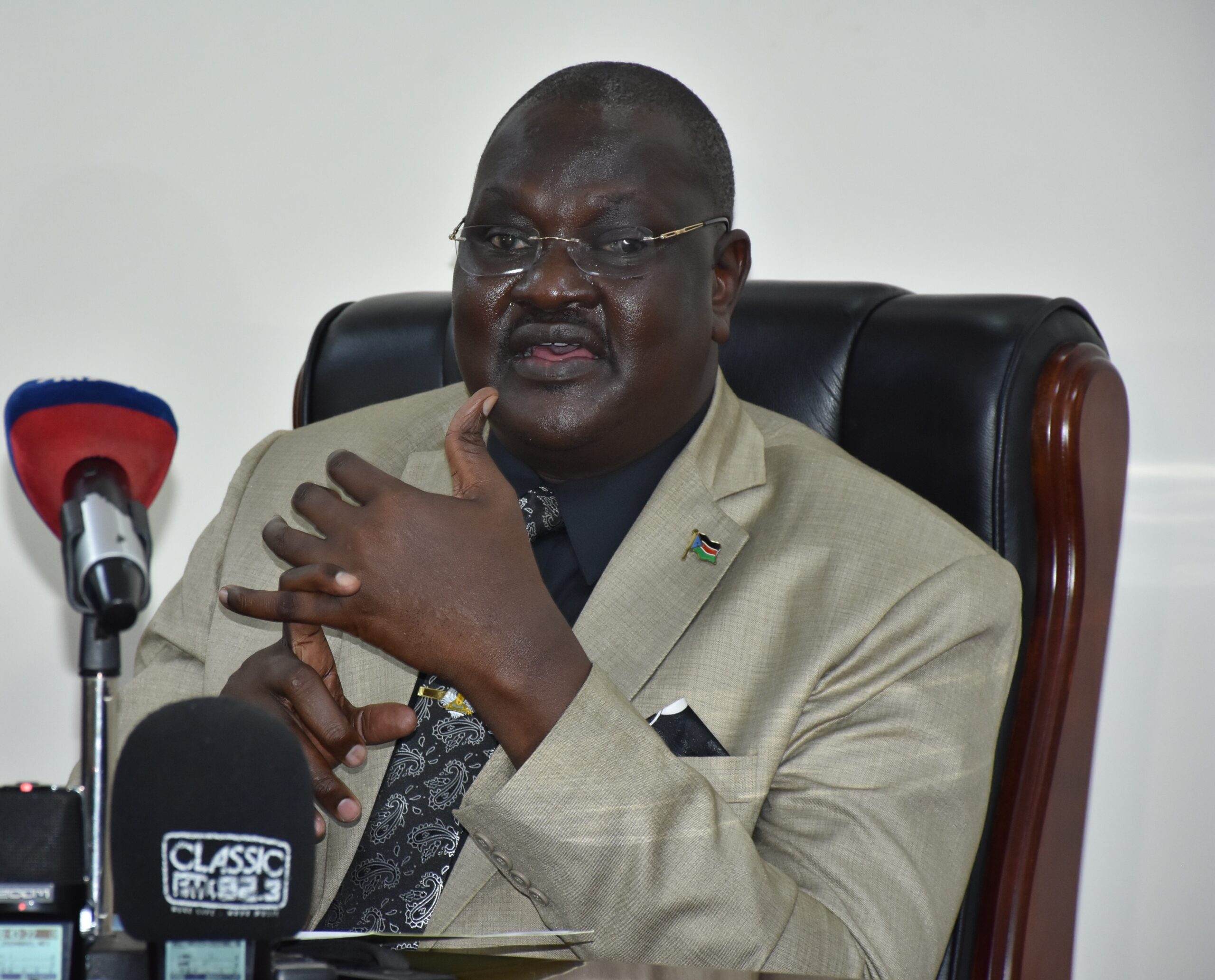
UN appeals for 96 million USD to assist thousands fleeing Sudan conflict

The United Nations and Humanitarian Agencies on Thursday appealed for 96 million U.S dollars to assist people fleeing conflict in Sudan across the porous border into South Sudan.
Peter Van Der Auweraert, the Humanitarian Coordinator ad interim, said that over 32,500 people mostly South Sudanese nationals have crossed into South Sudan since outbreak of conflict in neighboring Sudan on April 15.
“The majority of those arriving, often with no belongings and very traumatized, are in dire need of immediate humanitarian assistance, including medical and psychosocial support, and transportation to their destination,” Auweraert said in a joint statement issued by UN and humanitarian agencies in Juba.
It said that 39.9 million dollars of the total funding required will go to assist returning South Sudanese at the border and as they move onwards to their communities, while 53.9 million dollars will be used to provide basic services to refugees in designated camps for six months.
In addition, it noted that a further 2.2 million dollars is required to support third-country nationals with transportation assistance to their countries of origin.
Auweraert said that money that they are appealing for under the Emergency Response Plan (ERP), will help speed up provision of rapid assistance to those arriving.
He also noted that the funds will support the efforts of the government of South Sudan to help people move from the border as quickly as possible to avoid people remaining in hard-to-reach and possibly unsafe areas.

Displaced people in the reception camp in Renk County receive food on April 30th, 2023.
The UN agencies said that the real number of daily arrivals into South Sudan could likely be higher as some people entered the country without registration.
It said daily arrivals are estimated to be around 3,500 individuals, of which more than 90 percent of those arriving at the Joda border crossing point in Upper Nile state are South Sudanese who have spent days on the road from Khartoum.
The other nationals include Sudanese seeking asylum, Eritrean refugees, Kenyan and Somali migrants, and other third-country nationals.
“A potential 180,000 South Sudanese are likely to return in the next 3 months and 10,000 third-country nationals are expected to transit through South Sudan; while 60,000 refugees are expected to arrive in the next 6 months if the conflict and tensions persist,” it said.
Auweraert said people are arriving at border areas that are extremely difficult to access, often in areas where the few existing roads are likely to flood when the rains start in the coming days,
“If we do not act now, there is a high risk that vulnerable families will be stranded in inhospitable border areas for the duration of the rainy season, which will increase their suffering and the costs of providing assistance,” he said.
He commended the government of South Sudan for continuing to keep their borders open to those fleeing Sudan, and also the strong and collaborative working relationship with UN system members and partners to provide the necessary assistance, protection and help people to return to their countries of origin.
“We urge that sustainable solutions are found for these people and all those in South Sudan who deserve solutions pathways,” Auweraert said.





































